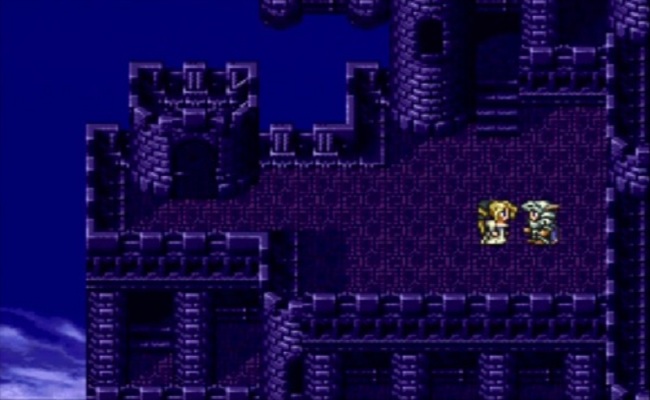Proclaiming video games as art will undoubtedly illicit anger from traditionalist. Many do not see such ‘kiddy’ entertainment as valuable enough to be ever considered art. Fortunately, I’m not one of those people. I see art as the most subjective of platforms. Art doesn’t need to be critically acclaimed to merit acceptance, it only needs to matter to the individual. In that sense, video games can be an acceptable part of art. On a whole, video games have already incorporated many other art forms into its architecture. Visuals (equivalent to paintings), sounds (from music to sound effects) and story (narration and plot direction) are all present in other forms of art, so why neglect them in video games?
In the past, many video games focused solely on gameplay and visuals. Not much thought was put into the music or the story of these games. It is quite understandable why, as creating a game is a huge task in and of itself in the first place, so with a small team, developers focused on the essential things first. This isn’t to say there weren’t games with decent music or storytelling, just that it was rare. Even then though, as people became more engrossed in video games, the importance of music and storytelling started to show itself. People began memorizing and learning the simple midi tunes you heard back in the early 90’s. People remembered how weird it felt when Mario didn’t find the Princess at the castle. People were becoming much more connected to video games than perhaps even developers thought they would be; and these were simplistic stories and music compositions.
As games evolved, they became more poignant too. Games like Final Fantasy VI and Final Fantasy VII brought storytelling and great music to the forefront of its experience. Lots of old school fans fondly remember games like these, and the most important reason boils down to the storytelling in the game. The music and gameplay is definitely stellar too, but great storytelling elevates the games. Delve a little deeper though, and you’ll see these games weren’t perfect either. The games had numerous grammatical mistakes within the story(due to being translated from Japanese), and yet gamers didn’t really mind. Gamers generally have an open mind, willing to accept some flaws in the face of a really good presentation. And it worked. Both those games still get talked about constantly by gamers.
Entering a new generation of console gaming this year, the opportunity for gaming to embrace these elements further is boundless. Does this mean all games should throw in stories or spend huge budgets on music? Of course not, because part of the beauty of gaming comes from variety. Not all games have to be in the vein of classical franchises to do well. Take Dark Souls for instance. The game is built upon primarily for its difficulty levels, but many gamers get sucked into the world due to the atmosphere and story/lore within the game. The game doesn’t utilize cutscenes or heavy narration to tell its story, but it still manages to weave an engrossing tale. And the game is better for it. Gamers appreciate the thought that has gone into the crafting of weapons, the building of landscape and the narration of characters that all feed into the lore of the game. Some people go a step further and claim this is the only way to tell a story within video games. Short on narration and cutscenes but full of atmosphere. I’m not so tyrannical to impose such a criteria onto gamers. A good story can be told in many ways, and video games provide a massive medium to tell that story. And by incorporating all of the elements at its disposal, I’d say video games can provide a much more fulfilling experience than movies, books, television or music can on their own.

0 Comments